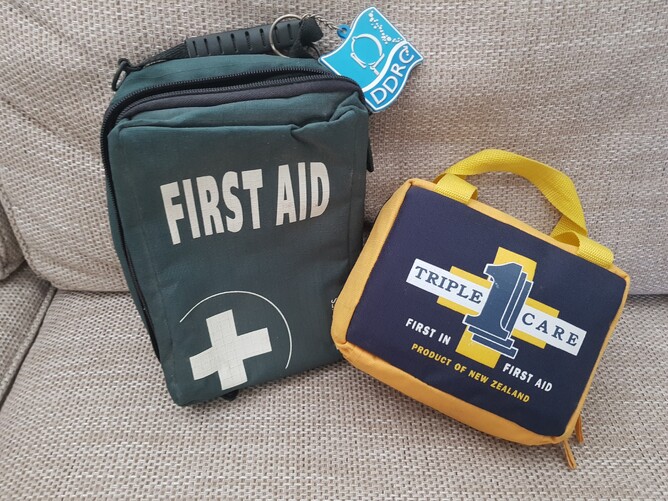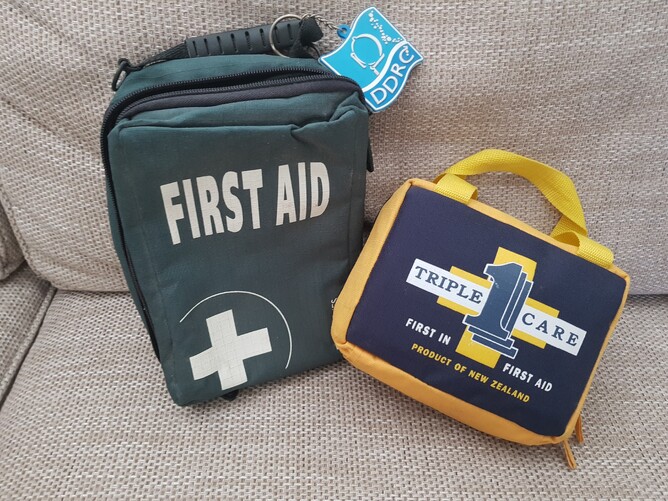Being careful what you say
I remember when I learnt first aid the instructors emphasized the importance of reassuring the casualty. And in the practical role-playing scenarios we would dutifully approach our casualty and ensure we told them we were a qualified first aider and could help them and also reassure them that further help was already on its way.
But if I’m honest most of the training was about practical things to do, how to apply pressure to a wound, how to use water to cool a burn and clingfilm to keep it clean and in more serious cases how to do CPR.
It turns out it might have been wiser to focus just as hard on what I said as what I did in those first aid training sessions. That’s because in the moments after an accident people are often in an altered, highly suggestible state. And whilst they’re in that state there’s an opportunity to both say things that promote calm or things that do the opposite and really crank up the panic.
The mind body connection matters
Various studies have demonstrated that when first responders employ verbal first aid including saying things like “And now I’ve cleaned your wound you can stop your bleeding and save your blood” patients’ bodies do respond. As you can imagine being able to slow blood loss using words has got to be a good thing. It gives us extra tools in our first aid box in addition to bandages and dressings.
The mind really is connected to the body. And what we say really can influence our bodies. Imagine if instead of verbal first aid the patient had overheard the paramedic saying “the blood is gushing out and there’s nothing much I can do about it”. What effect would this negative suggestion have had on the outcome?
Of course ethical considerations wouldn’t allow a study to examine the effects of paramedics deliberately giving patients negative suggestions , so we can only compare the outcomes when good verbal first aid is given and when it’s absent. And the results suggest we all ought to watch what we say around a casualty.
Did you know hypnotherapists use the same principles?
It can be interesting to discover that hypnotherapists use the same principles as those employed by those conducting Verbal First Aid.
We guide our clients into an altered state of mind, where they’re open to positive verbal suggestions to take on board new ideas to enable them to change the way they think and feel. And sometimes of course our verbal suggestions help to undo some of the less useful suggestions that clients may have been subjected to in the past.


